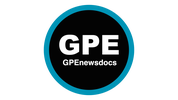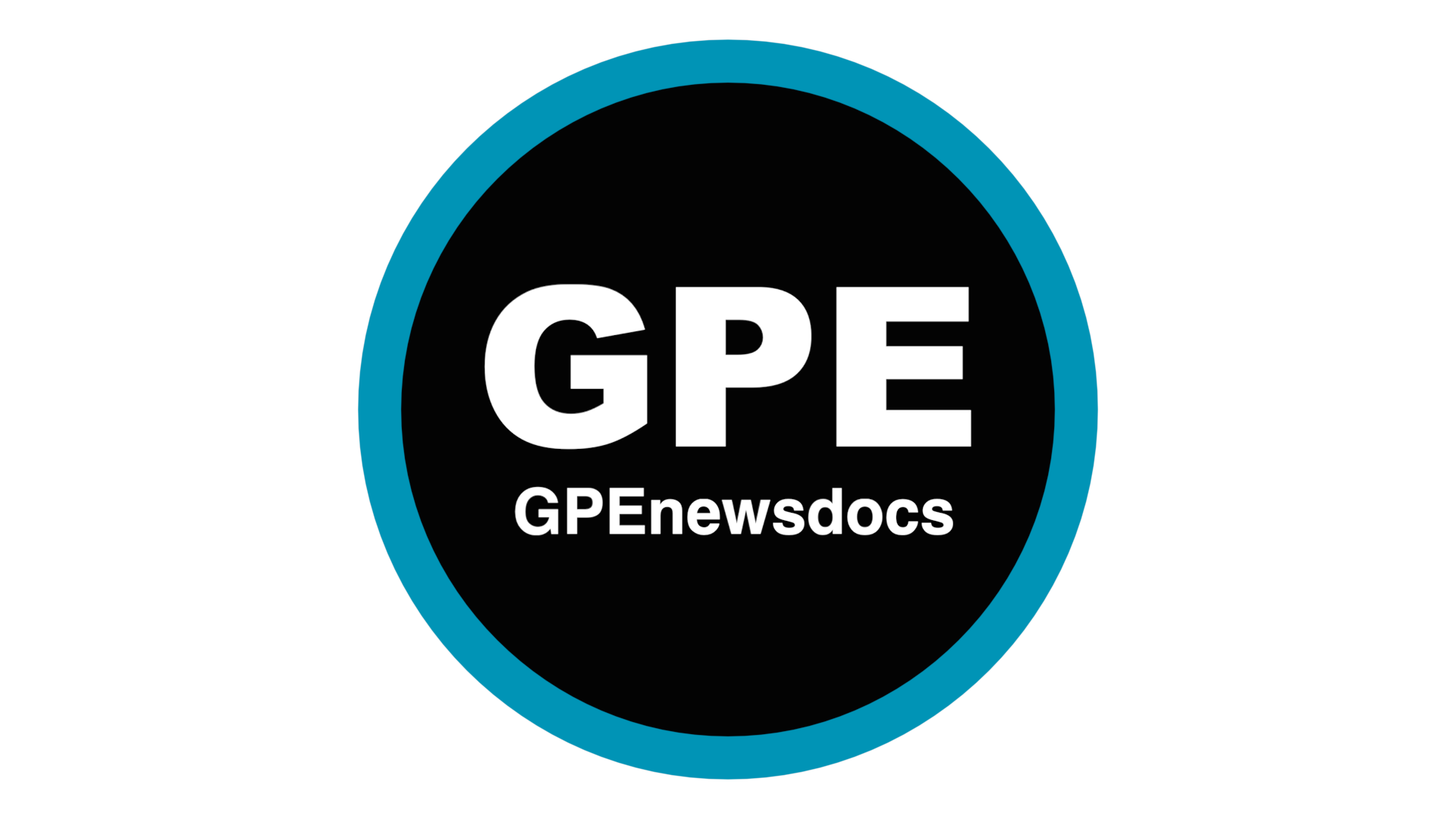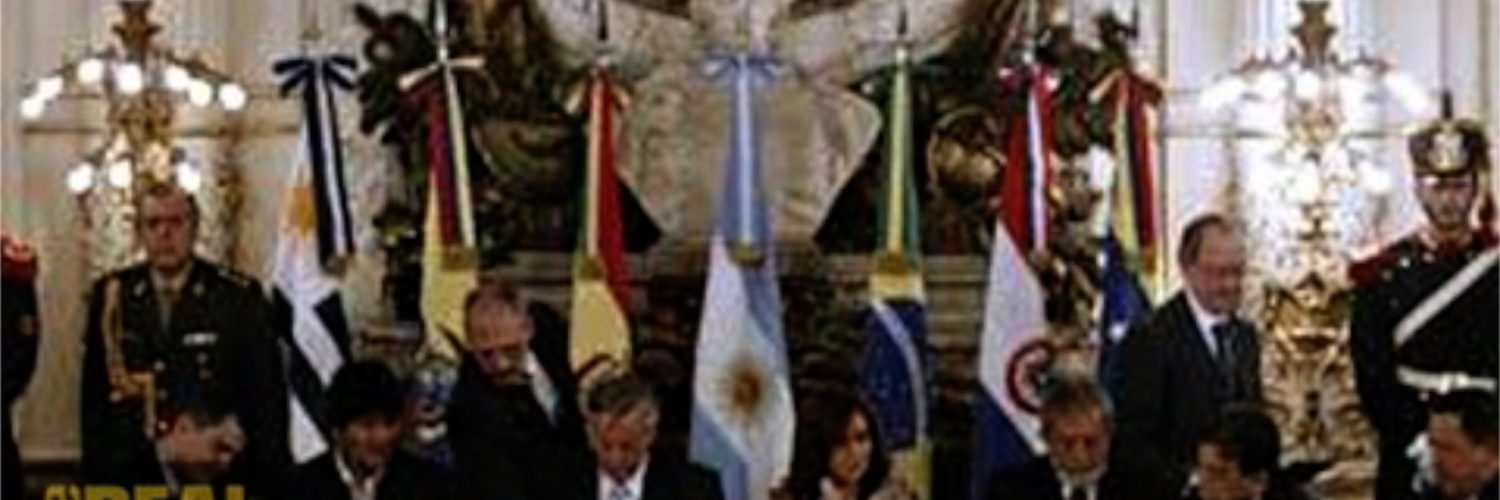The countries of South America need their alternative to the World Bank to step forward; if not, they will be back in crisis, explains historian and sovereign debt expert Eric Toussaint
December 11, 2014 Produced by Lynn Fries
TRANSCRIPT
LYNN FRIES, TRNN PRODUCER: Welcome to The Real News Network. I’m Lynn Fries in Geneva.
Back in 2007, when Banco del Sur (Bank of the South) was established by seven South American governments, the institution was heralded as an alternative to the World Bank, a new model in development finance.
Eminently well informed on the Bank of the South and the World Bank, in 2007 Éric Toussaint authored Bank of the South: An Altenative to the IMF-World Bank; in 2008, The World Bank: A Critical Primer; and skipping forward to 2014, a 13-part series titled Bretton Woods, the World Bank and the IMF: 70th Anniversary.
Here to talk to us about the Bank of the South as an alternative to the World Bank is Éric Toussaint. Éric Toussaint is an historian and a political scientist, an expert on sovereign debt. Éric Toussaint is spokesperson for CADTM International, Committee for the Abolition of Third World Debt, where his work spans a wide range of social, economic, and environmental issues.
Éric Toussaint joins us from Belgium.
Éric, welcome.
Firstly, thank you for speaking to us in English despite your own strong preference for French or Spanish.
So you were directly involved in the 2007 launch of the Bank of the South as an adviser to the Ecuadorian government. Drawing from that experience, tell us some of your thoughts about the Bank of the South as an institution to serve and to be accountable to the people of South America.
ERIC TOUSSAINT: Now, the Bank of the South, if it really functioned as I would like, that it will be operating, should support public projects, should support projects who are giving the priority to the commons and not to the private interests and not to the private interests of big transnationals, it’s not any more strenghtening the extractivist and productivist exploitation of the natural resources of South America, but make the natural resources of South America useful for the people of South America.
The public accountability needs that the use of the money by the Bank of the South should be transparent. I don’t know how to say that. The way the money is used by the bank should be made public. You know that the World Bank and the IMF are not making public exactly how they use the money, they lend to the countries, etc. And the Bank of the South should be totally transparent, and the citizens movement of South America should be empowered to control the bank.
FRIES: And in keeping with this commitment to transparency and full public accountability, you said that’s why the Bank of the South can be sued–it doesn’t seek immunity–but that the World Bank does seek immunity and it works to avoid any judgment against itself for what it’s doing. Yet the World Bank is active in these public-private partnerships, which by definition involve governments in a contractual business relationship between a private-sector company and a government agency. And these projects are for the stated purpose of serving the public. So what’s going on there?
TOUSSAINT: It’s clear that with the public-private partnership, the World Bank–it’s another way for the World Bank to intervene in the commons, to make indebted the public authorities with the private sector. So the public authorities, through the public-private partnership, is taking out loans, owing debt to the private sector. And during decades, the public sector will be reimbursing the private sector and the private sector will enjoy all the projects allowed by this public-private partnership. So it’s not–it’s really something very bad for the people
FRIES: And the BRICS bank intitative–what’s your take on that as an alternative to the World Bank for the people and governments of South America?
TOUSSAINT: The BRICS bank is not an alternative. The BRICS bank would be a creation of new big international capitalist powers, like China, South Africa, Brazil, Russia, and India. These countries don’t want to create something alternative, really, to the capitalist globalized system. So the Bank of the South would be another type of institution in favor of the integration of the people and not the free trade and not the free movement for the–[completely (?)] different.
For me, the BRICS bank would be a lesser evil and it will reduce the power of intervention of the World Bank and the IMF, and at this level it could be a good thing. But it’s clear the BRICS bank, the idea of China and Russia and the other BRICS countries, is to exploit the natural resources of continents like South America, South Africa, and North Africa, and some parts of Asia. It’s not to give the priority of strengthening and making better the condition of life of the majority of the people of the Third World countries. It’s to strengthen the–the purpose of the BRICS bank is to strengthen the power of the BRICS countries. So it’s not the alternative. It’s very simple.
FRIES: So you keep a close watch on the Bank of the South. What’s holding things up? Seven years down the road–it was launched in 2007–it’s not yet come into its own. How do you explain that?
TOUSSAINT: Several governments don’t want to make functioning the Bank of the South. The first one is the Brazilian government, because Brazil is a big power in the region where Brazil is already its own development bank, whose name is BNDS. And Brazil is seeing the Bank of the South as a alternative bank to the BNDS. So Brazil is part of the Bank of the South negotiation, but, being part of the bank, to find obstacles in the launching of this bank. So it’s a big problem that some government, like Brazil, are apparently supporting the project but actually are acting against the launching of the Bank of the South.
FRIES: But you say there’s still time, that it’s not too late for the Bank of the South to take off. So what’s an example of why you think that without an alternative institution like the Bank of the South to turn to, South America will have serious financial difficulties?
TOUSSAINT: You know, you can see now the price of the barrel of oil is around $85. And for countries like Venezuela, Ecuador, Brazil, this price is too low to succeed in maintaining the budget of the government. So, if the countries of South America are not capable to make, to give a real life to the Bank of the South and to alternative projects, they will be back to a crisis like the crisis of the 1980s, like, thirty years ago, a debt crisis.
FRIES: Éric Toussaint, thank you.
TOUSSAINT: Okay. Bye-bye.
FRIES: And thank you for joining us on The Real News Network.
END TRANSCRIPT
Eric Toussaint is a historian and political scientist who completed his Ph.D. at the universities of Paris VIII and Liège. Toussaint is the spokesperson of the CADTM International and sits on the Scientific Council of ATTAC France. He is the author of numerous books including Debt System, Bankocracy (2015); The Life and Crimes of an Exemplary Man (2014); Glance in the Rear View Mirror: Neoliberal Ideology From its Origins to the Present (2012).
Originally published at TRNN



